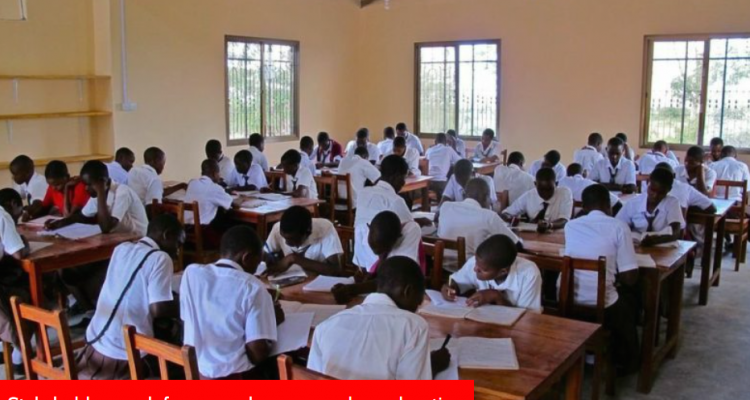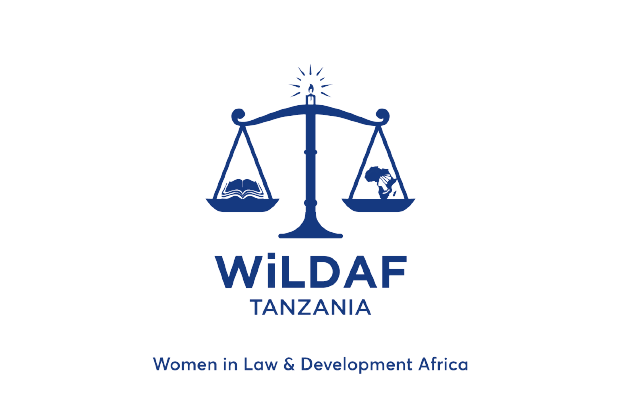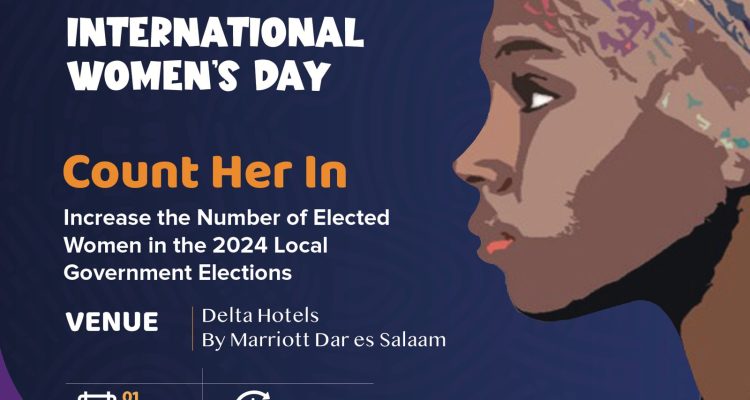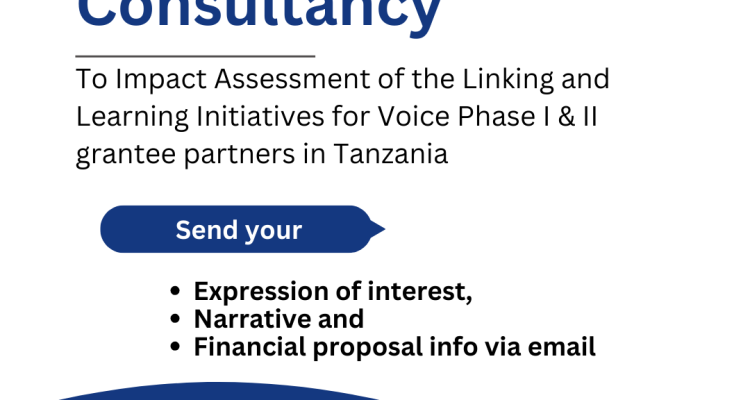
Stakeholders push for compulsory secondary education
STAKEHOLDERS are pushing for the amendment of the Education Act to incorporate a provision that will make it compulsory for a child to undergo secondary school education to spare them from child marriage.
Concurrently, Parliament should finalise the amendment of the Marriage Act of 1971 to ensure that it sets 18 years as an appropriate age where a child can get married.
The call is part of the resolutions made in Dodoma earlier this week during an engagement meeting, conducted by the WILDAF in collaboration with the Ministry of Constitution and Legal Affairs, involving MPs, to discuss the Marriage Act of 1971.
Stakeholders also called upon the need to equip RITA with the proper mechanism to ensure that it registers marriage in a way that it can identify any matrimonial bliss which involves a child.
Also the resolution is coming with a strategic move to address harmful traditions and customs such as female genital mutilation due to the latter being one among the causes of child marriage.
Contributing during the session, Ms Sophia Mwakagenda, (Special Seat) said amendment to the Education Act, specifically on the proper age being 18, will also be helpful to curb child marriage.
“Laws enacted should go with the current context as times have changed,” said Ms Mwakagenda.
For her part, MP Salome Makamba said the newly proposed education curriculum will help to address challenges in regard to child marriage.
She was quick to add however that more efforts should be made to advocate for the rights of boys as has been the case with girls as they too have challenges.
Mr Ahmed Ngwale, an MP from Zanzibar called upon the need for stakeholders to borrow a leaf from the spice Island where prevalence of child marriage was low despite the lack of a marriage law.
During the session, Ms Anna Kulaya, WILDAF National Coordinator called for amending the Marriage Act of 1971 to spare children from early pregnancies and maternal mortality.
Ms Kulaya said child marriage denies girls the right to education while at the same time plunging them to gender based violence and abject poverty as they are normally in no position to make decisions on their own, let alone defending themselves.
According to Ms Kulaya, globally, countries with high prevalence rate of child marriage have high rate of maternal mortality.
“In Tanzania, statistics within the Tanzania Health Demographic Survey of 2022 indicates that young people below the age of 20 contribute to almost 20 per cent of maternal mortality, while girls aged between 15-24 contribute to almost 40 per cent of maternal mortality in the country,” stated Ms Kulaya.
The Marriage Act of 1971 remains to be contradictory with other laws in the country in terms of age.
The Constitution of the United Republic of Tanzania under its Article 5 provides the right to vote for a person of 18 years.
On the other hand, the Law of the Child Act 2009, under section 4(1) terms any person below 18 as a child.
Meanwhile, the Elections Act under section 342 provides the right to vote to a person from 18 years of age where section 292 forbids any person below that age from voting.
The Bill to amend the Marriage Act of 1971, according to the government, is slated for tabling anytime at the august House.
Dr Damas Ndumbaro, the Minister for Constitution and Legal Affairs officiated the session.




This Post Has 0 Comments